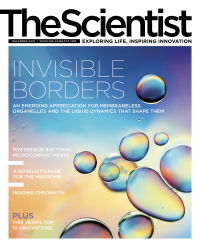 A researcher in Malaysia is up to 18 retractions, for faked peer review and a host of other sins.
A researcher in Malaysia is up to 18 retractions, for faked peer review and a host of other sins.
We first wrote about Shahaboddin Shamshirband, of the University of Malaya in Kuala Lumpur, in early 2017, because Elsevier had pulled, or planned to pull, nine of his papers. Jeffrey Beall, known for his list of possible predatory publishers, had raised questions about duplication by Shamshirband in 2016 on his now-defunct blog, ScholarlyOA.
The most recent retraction for Shamshirband was for “Soft computing methodologies for estimation of energy consumption in buildings with different envelope parameters,” a 2016 paper in Energy Efficiency. Here’s the notice: Continue reading Energy researcher up to 18 retractions








